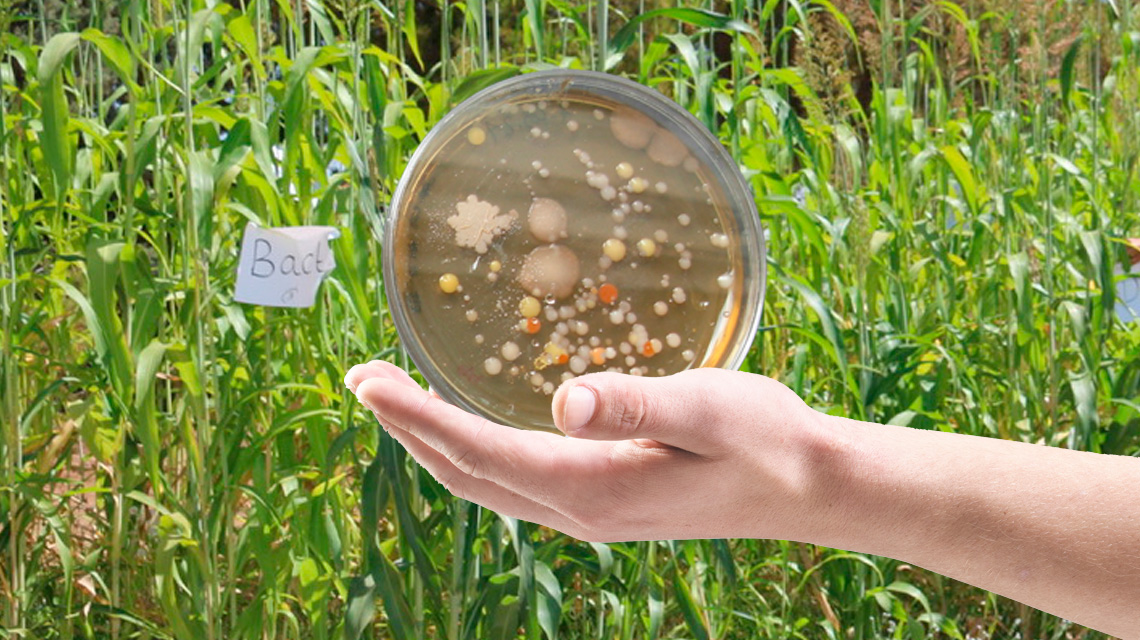Italian National Agency for New Technologies, Energy and Sustainable Economic Development

Agriculture: Fertilizing bacteria to fight drought and improve soils and production
Replacing chemical fertilizers with microorganisms and bacteria capable of promoting plant growth even under water stress, improving soil functions and agricultural production are the outcomes of the Ortumannu project, conducted by ENEA, University of Cagliari, CRS4 and Mutah University (Jordan) which, thanks to the integrated use of natural resources, biotechnologies and cutting-edge characterisation, monitoring and modeling tools, aims to mitigate soil depletion and promote high-quality agricultural production, reducing the use of fertilizers, pesticides and water.
As part of the project, the ENEA team was engaged in the microbiological characterization of the soil at an agronomic station in the Al-Ghweir region in Jordan, characterized by unproductive soils and natural resources and water scarcity. Later, using 16S rDNA gene sequencing, the team isolated and identified 40 strains of bacteria from soil tested for their ability to promote plant growth, fix nitrogen, mobilize phosphorus, solubilize potassium and produce siderophores, i.e. organic substances capable of influencing plant growth.
The strains with the best characteristics were selected to create the most effective microbial formula to be applied in an experimental field of Mutah University cultivated with sorghum, a plant species of the graminaceous family.
In comparison with the use of chemical fertilizers such as diammonium phosphate (DAP), field trials have demonstrated the effectiveness of the microbial formula in supporting growth during the production phase of secondary sorghum stems (tilling). Furthermore, it was found that under water stress conditions the plants inoculated with the biofertilizer survived in good physiological conditions, unlike the plants fertilized with chemical fertilizers.
“To date we have demonstrated that fertilization with a site-specific, natural and endemic microbial formula can replace chemicals and improve agricultural practices often based on an intensive use of fertilizers and an over exploitation of water, which cause soil impoverishment”, pointed out Chiara Alisi, ENEA researcher at the Laboratory of Observations and Measurements for the Environment and Climate and contact person for the project. "For this reason – she said - we hope in a positive impact on local communities involved in the research, but we are also committed to rapidly transferring the results to the agro-industrial sector".
Photoes and Video
Additional free videos are available upon request
